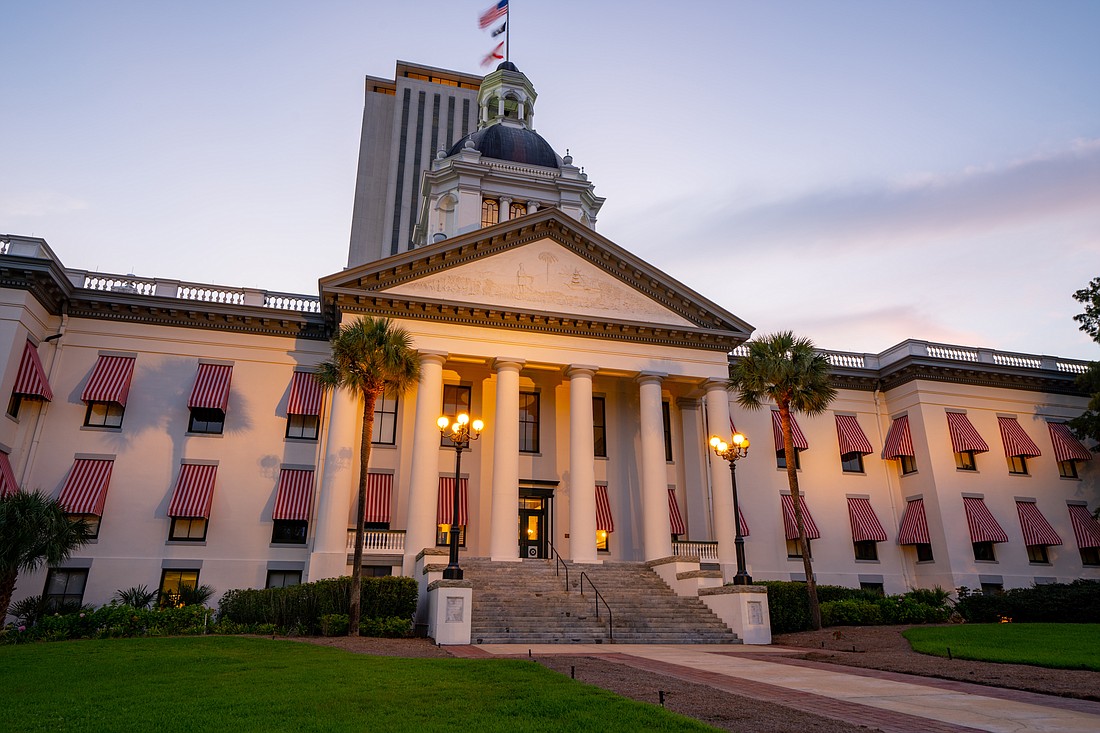- December 15, 2025
-
-
Loading

Loading

Two identical bills are working through the Florida Legislature to address an obscure rule change that governs how much interest banks pay on specific trust accounts held by lawyers.
Notably the changes — which have pitted the Florida Bankers Association against the Florida Bar — could also affect how much money is generated to help fund legal aid organizations statewide.